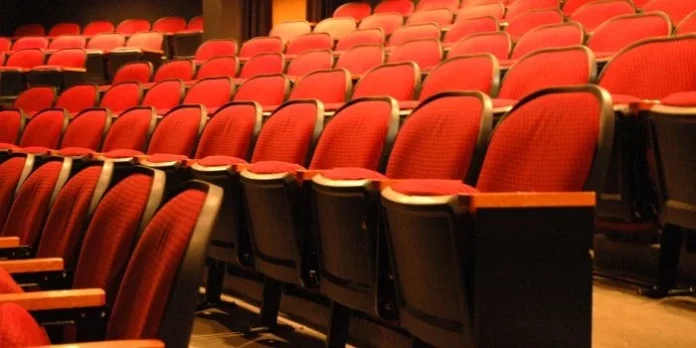It started with a book, became a CBC documentary, and is now on stage. It seems somehow appropriate the road to Khari Wendell McClelland’s Freedom Singer has taken on a journey of its own.
A documentary-style piece of theatre, Freedom Singer blends McClelland’s original music with 1850’s freedom songs, verbatim interview excerpts, and first-hand stories. It tells of his journey to find the music that would have accompanied his great-great-great-grandmother, an escaped slave who walked to Ontario, lost her legs to the cold, had two children with a British-Canadian, then returned to Detroit after emancipation.
McClelland’s quest to understand his past first began when he was handed a copy of I’ve Got Home in Glory Land by its author, Karolyn Smardz Frost.
“It is a book about Lucie and Thornton Blackburn who escape from escape from slavery in Kentucky. They made their way up into Canada to Amherstburg, Ontario and eventually on to Toronto, with a pit stop in Detroit,” says McClelland.
Realizing the parallels between the Blackburn’s story and that of his great-great-great grandmother, McClelland began to form the idea of Freedom Singer.
“As I read the book I started to notice these poems at the beginning of the chapters,” he explains. “I was reading them over and over again, and then I started humming these melodies to myself and I thought, are these actually lyrics to songs? Are these the songs that my great-great-great grandmother Kizzy would have been singing?”
“…it helps us to recognize the good things that we’ve done, but also some of the mistakes, and things that we don’t want to commit again.” – Khari Wendell McClelland
As a musician, it is not surprising McClelland uses his songwriting skills as the access point to tell his journey of discovery. But along with the songs, in which he is accompanied by guitarist Noah Walker and soul singer Tanika Charles, there is also storytelling.
“The show is based around a verbatim theatre model, using footage from the CBC documentary and all of the recording of those materials,” he says. “It is the basis for the dialogue in the play, so it’s really mirroring my adventure to find the music and to find out more about Kizzy.”
Using hip hop, funk and soul to re-imagine these found 1850’s freedom songs from the Underground Railroad, McClelland says they give the show a sense of authenticity. “A real part of the folk tradition is to add a new flavor to an old theme,” he says.
Acknowledging Freedom Singer can be somber as it explores the painful realities of slavery, there is a B-side. “There are also moments of levity and laughter, and there’s a joyfulness in the music,” he says.
And as Canada continues to celebrate its 150th anniversary of Confederation, Freedom Singer couldn’t be more timely.
“As people are considering looking at the history of Canada with the celebration of 150 years, I think there’s a lot of things that can complicate the narratives about who’s Canadian, and who was here, and how should people get here, and how long have people been here,” he says. “I think it’s a really powerful thing to investigate and shed a light on, because it helps us to recognize the good things that we’ve done, but also some of the mistakes, and things that we don’t want to commit again.”
Freedom Singer plays at the BMO Theatre Centre (162 West 1st Ave, Vancouver) October 7-15. Visit https://urbanink.ca for tickets and information.

